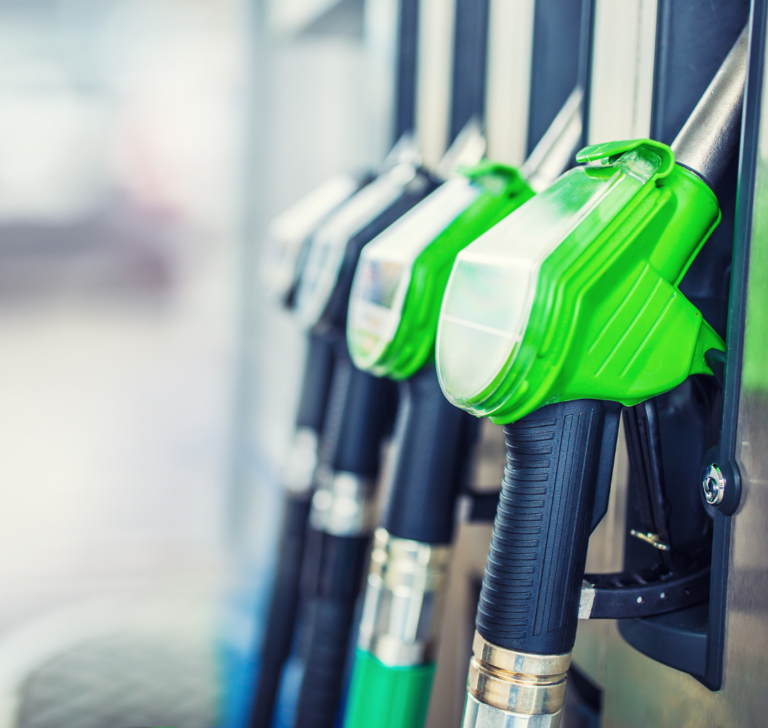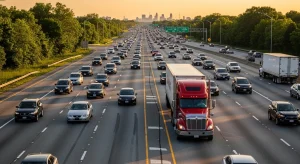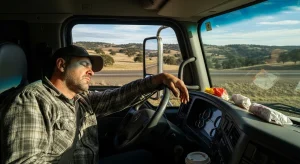The objective is to establish a program that reduces the exposure of small businesses to price fluctuations.
A new bill in the Senate aims to safeguard small businesses from the instability of commodity prices by allowing them to set stable prices. The legislation, known as the Helping Small Businesses THRIVE Act, was introduced on September 17 by Democratic Senator Jeanne Shaheen of New Hampshire and Republican Senator Bill Cassidy of Louisiana.
This bill seeks to establish a program that reduces small business owners’ exposure to price fluctuations of essential products, specifically including gasoline and diesel. The Small Business Administration (SBA) would be responsible for implementing this program, which would allow small businesses to lock in prices for certain commodities.
There are two main options for businesses outlined by the legislation. First, a futures purchase agreement, which would enable small businesses to secure the direct cost of a commodity. The second option is a purchase agreement with an option to buy, which would provide protection in the event that the price of the raw material increases by more than 10%.

Fuel prices could remain stable for small businesses under the THRIVE Act
For instance, the current average price of diesel is $3.50 per gallon, over a dollar less than a year ago. However, there have been discussions about the possibility of prices rising for the remainder of the year, creating uncertainty for business owners as they plan their costs. This is where the THRIVE Act comes in, allowing small businesses to set the price of diesel at $3.50 per gallon, even if prices increase again.
According to information shared by LandLine, to better understand this, a hypothetical scenario is presented: if a small business locks in a deal for 1,000 gallons at $3.50 per gallon, their total expense would be $3,500. Therefore, if the price rises to $5 per gallon, the business would still pay $3,500 while receiving compensation for the difference, allowing for more stable financial planning.
Senator Shaheen emphasized that this law would provide small businesses with hedging tools currently available only to large corporations. The proposal has the support of various organizations, including the National Small Business Association and the Center for American Entrepreneurship.
According to the text of the bill, agreements could last between 60 days and three years, prioritizing gasoline and diesel prices, along with other commodities based on market demand. This legislation represents a significant advancement in leveling the playing field between small businesses and their larger competitors, offering mechanisms to manage price volatility more effectively.

Love at first truck: trucker’s love stories
To celebrate love, we have gathered truckers’ love stories that show how feelings can cross highways —literally— and remain strong despite obstacles. Love is one

Can love survive the open road? The realities of dating as a trucker
Although one might think that love and trucking don’t always go hand in hand, for many truckers they can be compatible, despite the obstacles. A

The Most Profitable — and Most Dangerous — Routes for Truck Drivers in the United States
The most profitable routes and the most dangerous routes for truck drivers in the United States handle the nation’s highest freight volumes while also exposing drivers to elevated risks, heavy congestion, extreme weather, and constant pressure on delivery schedules.

Taking your love on the road: how to have a romantic road trip for Valentine’s Day
Whether you’re a truck driver looking to combine work and pleasure, or simply hoping to enjoy a new experience with your partner, here’s what you

Final rule on Non-Domiciled CDLs issued by the Department of Transportation
FMCSA concludes a comprehensive review of regulations applicable to Non-Domiciled CDL holders. After several months, the Federal Motor Carrier Safety Administration (FMCSA) has completed its

Truck drivers and brain fatigue: what happens to the mind after 10 hours behind the wheel
Fatigue in truck drivers, long haul mental health risks and the hidden neurological effects of extended attention, microsleeps and altered time perception.
